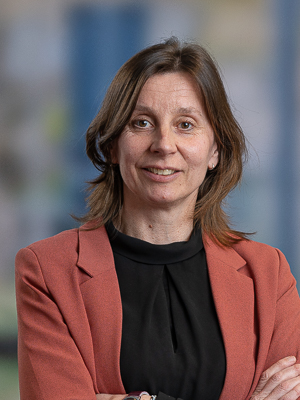NWO grants funding for innovative research on physical experimental environments
How to move from experiment to mainstream? A consortium led by professor Tamara Metze, has been awarded a prestigious grant from the Netherlands Organisation for Scientific Research (NWO). In search for pathways toward more sustainable futures, Metze and her team will explore how various innovations in field labs such as The Green Village, in urban living labs such as Engy Lab South-East in Amsterdam, and in all sorts of citizens’ initiatives, can be mainstreamed and make more impact on sustainability transitions.
Pilot paradox
The project ‘From EXperiment to sustainable change: TRAnsformative methodologies for Innovation and learning’ (EXTRA) seeks to overcome a persistent “pilot paradox”. In this paradox, much experimentation takes place but long-term systemic impact remains difficult. Researchers together with all sorts of change makers will synthesise existing knowledge on how to mainstream, upscale, spread, broaden and deepen developed innovations. Tamara Metze: ‘I am excited to unravel what are effective ways of cocreation that lead to mainstreaming the positive changes made in experimental environments. We will figure out how learning and innovation can lead to lasting changes in regulations, policies, and financial systems and the biophysical environment.’
Actionable tools
The project is crucial for accelerating sustainability transitions. By refining methodologies for mission-driven experimentation and develop hands on tools for all sorts of change-makers, it will be easier to mainstream the sustainable lessons and innovations. ‘These tools will not only aid grassroots innovators but also influence institutional and organisational structures, ensuring that lessons learned from experiments are better anchored in policies, regulations, and organisations’, explains Metze.
The project will employ a transdisciplinary action research approach, bringing together knowledge from various disciplines and policy domains. By co-creating solutions with public and private partners, the research will have an immediate impact. In the long term, the project aims to build a more efficient innovation ecosystem, contributing to more impactful and sustainable outcomes for both society and the environment.
Projectpartners
TU Delft, VU Amsterdam, Wageningen University & Research, Hogeschool van Amsterdam, Erasmus Universiteit Rotterdam, Hogeschool Rotterdam, The Green Village, AMS Institute; PBL Planbureau voor de Leefomgeving, WoonFriesland, Dijkstra Draisma, Provincie Noord-Holland, Ministerie van Binnenlandse Zaken, PRICE / Almere, BouwLab, Alliantie Samen Nieuw-West, Innovation Quarter.

